As (European) Council convenes, critical discussions surrounding (situations in) Syria and Ukraine take center stage. The implications of EU policies on migration, security and international relations are paramount: leaders gather to address pressing issues that affect both member states (and) global stability. However, these discussions face challenges (because) of differing perspectives among nations. Although unity is desired, tensions remain palpable; this is crucial for understanding the broader geopolitical landscape.
Table of Contents
- Introduction to Key Topics
- The Need for Action on Migration Policy
- Syria’s Future: Risks and Opportunities
- Bolstering Ukraine: A Strategic Imperative
- Economic Challenges Facing the EU
- Security Concerns: A Matter of Priority
- The Role of Russia and Other Autocracies
- The Need for a Common European Defense
- Economic Policy and Competitiveness
- The Importance of Agriculture in Europe
- Addressing the Crises in the Middle East
- EU’s Stance on Palestinian Statehood
- Final Thoughts on Strategic Independence
- Conclusion: A Call to Action
Introduction to Key Topics
The European Council’s (deliberations) on Syria and Ukraine are critical; however, they intertwine with migration and humanitarian issues. The complexities surrounding these topics demand urgent attention (1) and a comprehensive approach. Understanding the implications of EU policies on these matters is essential for European citizens (2) and the affected regions alike, because this situation is increasingly complex. Although many challenges exist, the need for decisive action remains paramount.
The Elephant in the Room: EU Court Rulings
One (of those) most pressing issues is (the) EU court rulings that complicate repatriation of Syrian migrants. These legal decisions effectively prevent member states from sending back individuals to Syria; however, this raises questions about future (of) migration policies in Europe. Although the rulings are designed to protect human rights, they create challenges for countries grappling with immigration.
The dilemma (indeed) lies in balancing upholding EU law with political will of elected governments. As the situation evolves, however, implications for both migrants and European nations become increasingly complex; this complexity arises (because) of varying political agendas. Although progress is sought, challenges remain, but stakes are high.
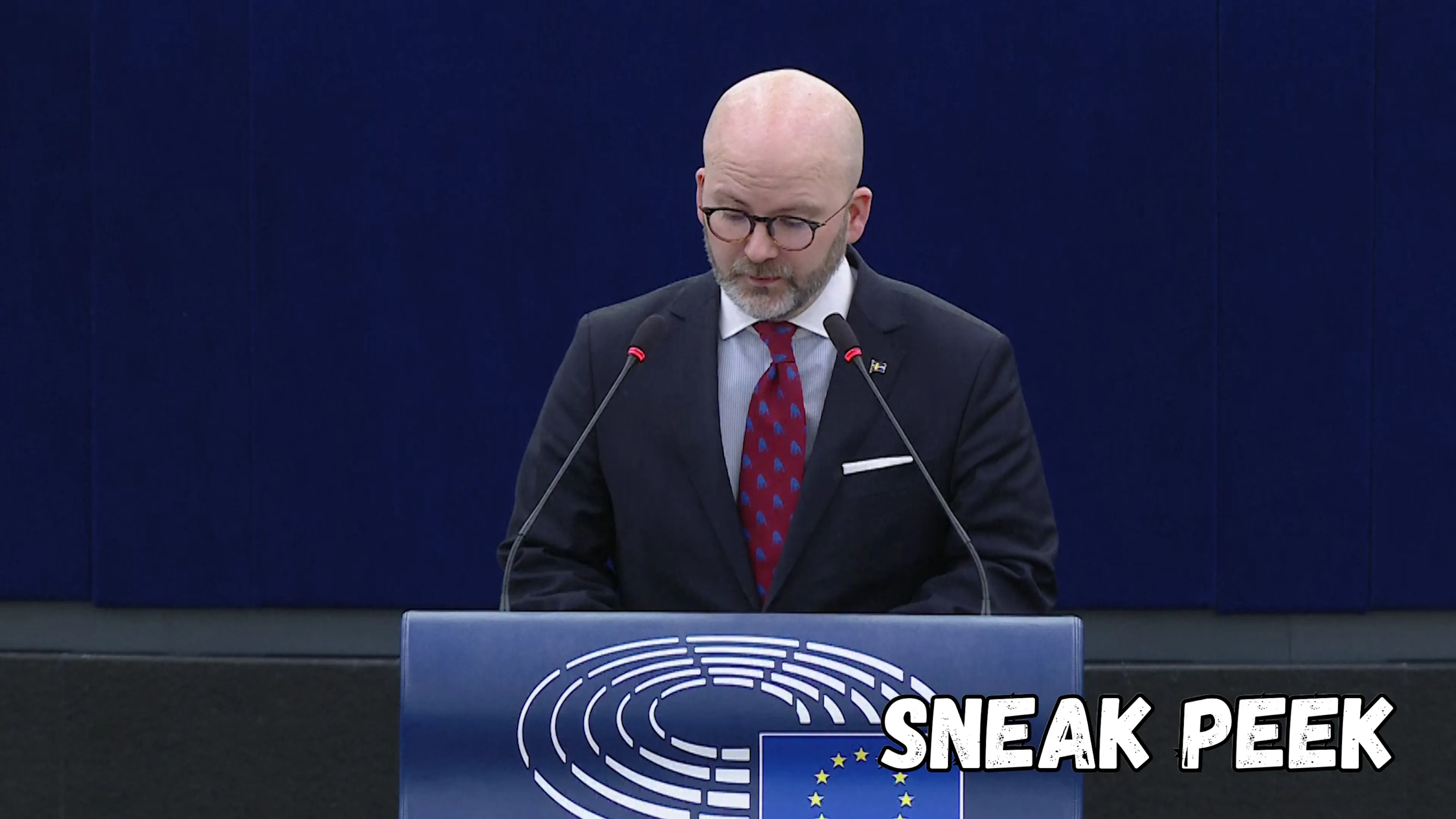
The Fall of Bashar al-Assad: A Liberation
The recent developments (surrounding Bashar al-Assad’s regime) signify potential liberation for Syrian people. Many view this as turning point; however, citizens of Syria can begin to reclaim their rights (and rebuild their nation) because the situation has evolved. Although challenges remain, there is a growing sense of hope among the populace.
However (the transition) is fraught with challenges; the geopolitical landscape remains unstable. The actions of external players will significantly influence (the future of Syria). The focus on liberated Syria must, however, also consider the humanitarian needs of its people. Because of this, the situation is complex and although progress is desired, many obstacles remain.

Migration: Urgency and Control
Migration remains (1) top priority for the European Council. As citizens express concerns regarding uncontrolled migration, leaders are pressured to reinforce external borders and enhance cooperation with third countries (2). The urgency of the situation cannot be overstated: action must be taken to assure citizens that their safety is prioritized. However, complexities surrounding this issue cannot be overlooked, because they (3) necessitate multifaceted approach. Although there are challenges, (4) commitment to finding solutions remains robust.
- Strengthening external borders is essential for maintaining control over migration.
- Collaboration with non-EU countries is crucial to manage the flow of migrants effectively.
- Regular migration pathways must be expedited to ensure that humanitarian needs are met.
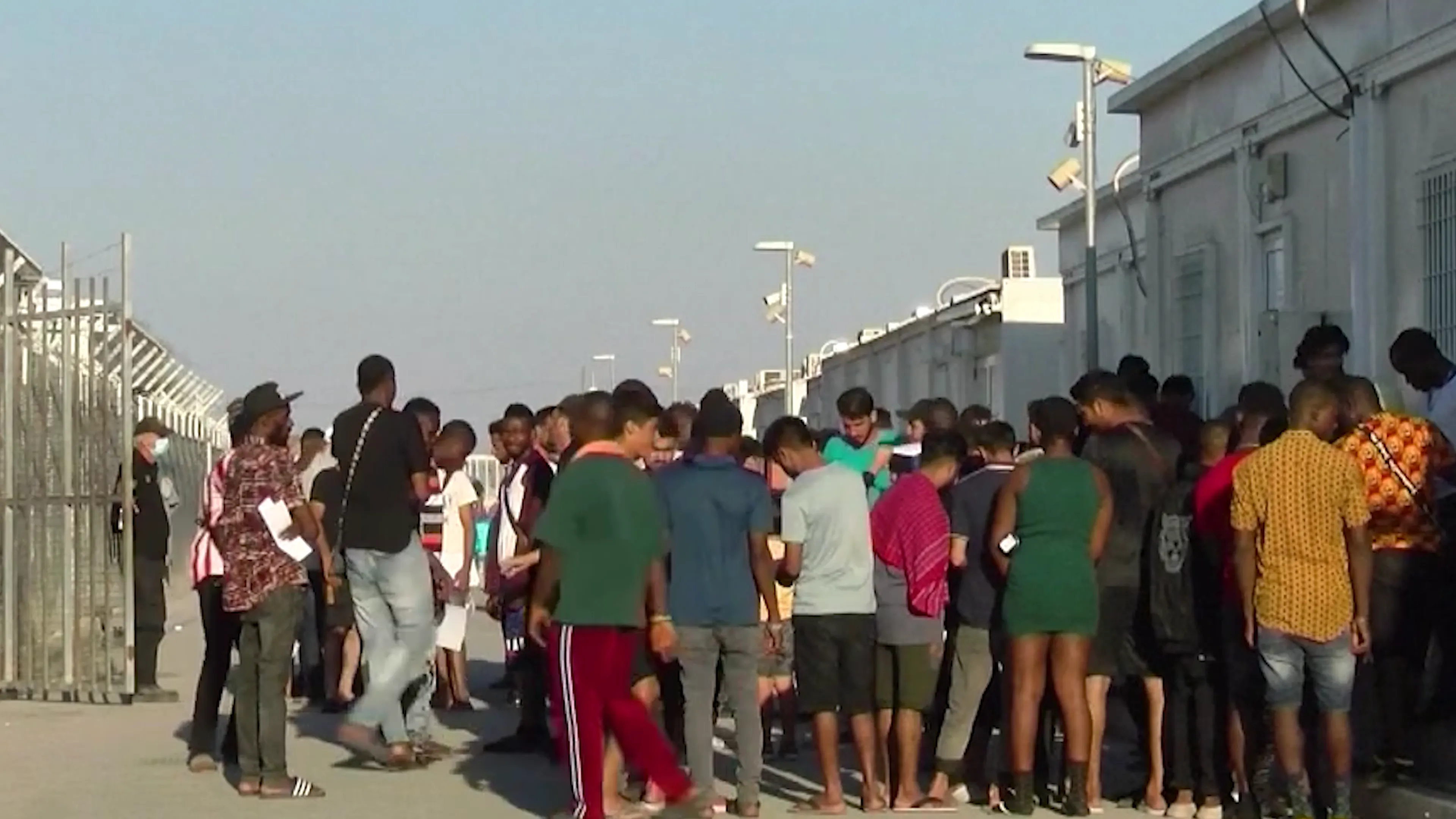
Humanitarian Efforts in the Region
Humanitarian efforts (have) become focal point since the onset of Syrian conflict; the European Union has mobilized significant resources (amounting to 33 billion euros) to support region through various initiatives. A new humanitarian air bridge has (recently) been launched to facilitate aid delivery; however, this initiative faces challenges. Although resources are substantial, effectiveness of such measures remains to be seen (because) of complexities involved.
Such efforts (indeed) are vital for addressing the immediate needs of those affected by conflict. Ongoing support is necessary (to ensure) that humanitarian crises do not worsen; however, aid must reach those in dire circumstances (because) without it, suffering only increases. This is crucial (although) many obstacles persist.
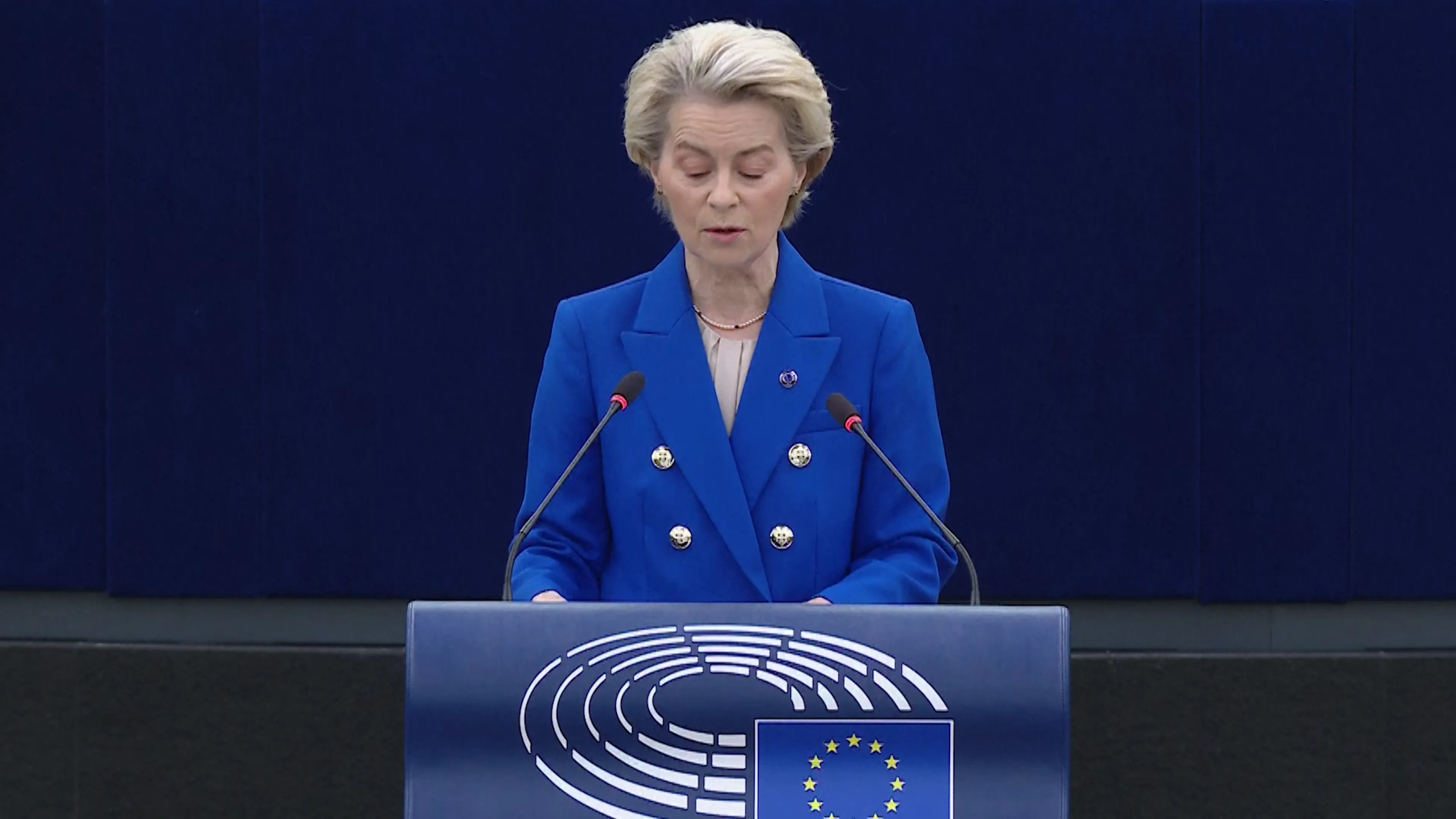
Relations with Erdogan: A Controversial Partnership
The relationship (1) between EU and Turkey, particularly under President Erdogan, has sparked considerable debate. While Turkey plays a crucial role in managing influx of Syrian refugees, concerns about human rights violations and military actions against Kurdish populations raise ethical questions about this partnership. However, many argue that (because of these issues) alliance is problematic, although it is essential for regional stability. This complexity cannot be ignored; it demands careful consideration and (dialogue).
Critics (some argue) that financial aid to Turkey should not (at the cost of) values such as human rights and democracy. The EU must navigate this delicate balance: ensuring that its policies do not inadvertently support oppressive regimes; however, it faces challenges. Although there are benefits to providing aid, implications can be complex, because (of potential consequences). This requires careful consideration.
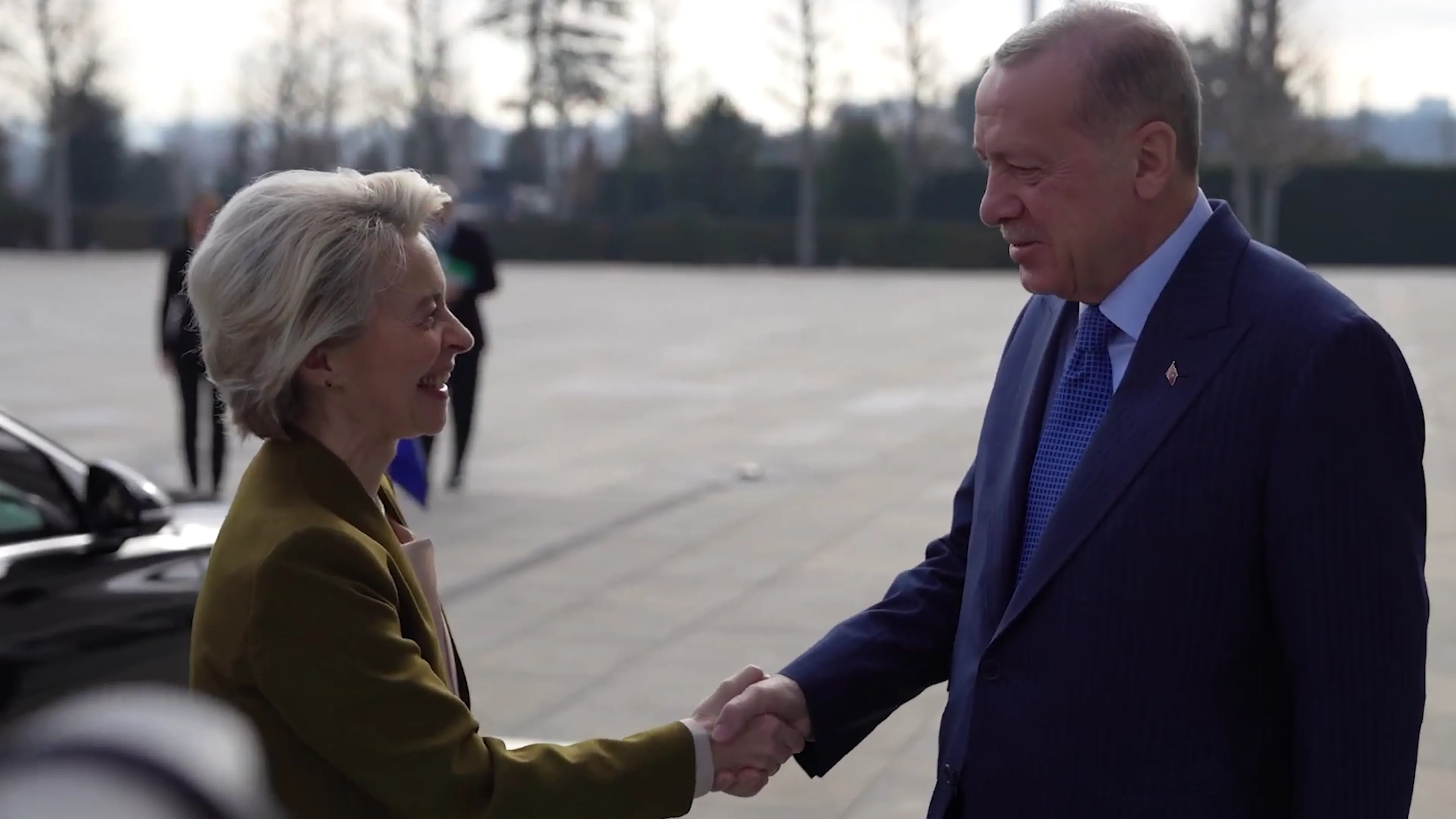
The Threat of Demographic Alienation in Europe
The ongoing migration crisis (which poses a significant threat) of demographic alienation within Europe is pressing. As communities grapple with the integration of newcomers, tensions can arise—leading to social fragmentation. It is essential for EU leaders to address these challenges head-on; however, they must also consider long-term implications. (1) This is particularly critical because the consequences could be far-reaching. Although solutions may seem elusive, proactive measures are necessary to foster cohesion among diverse populations. However, the path forward remains fraught with complexities.
- Promoting integration programs can help foster social cohesion.
- Addressing public concerns about migration is crucial for maintaining trust in government policies.
- Encouraging dialogue among communities can mitigate fears and promote understanding.
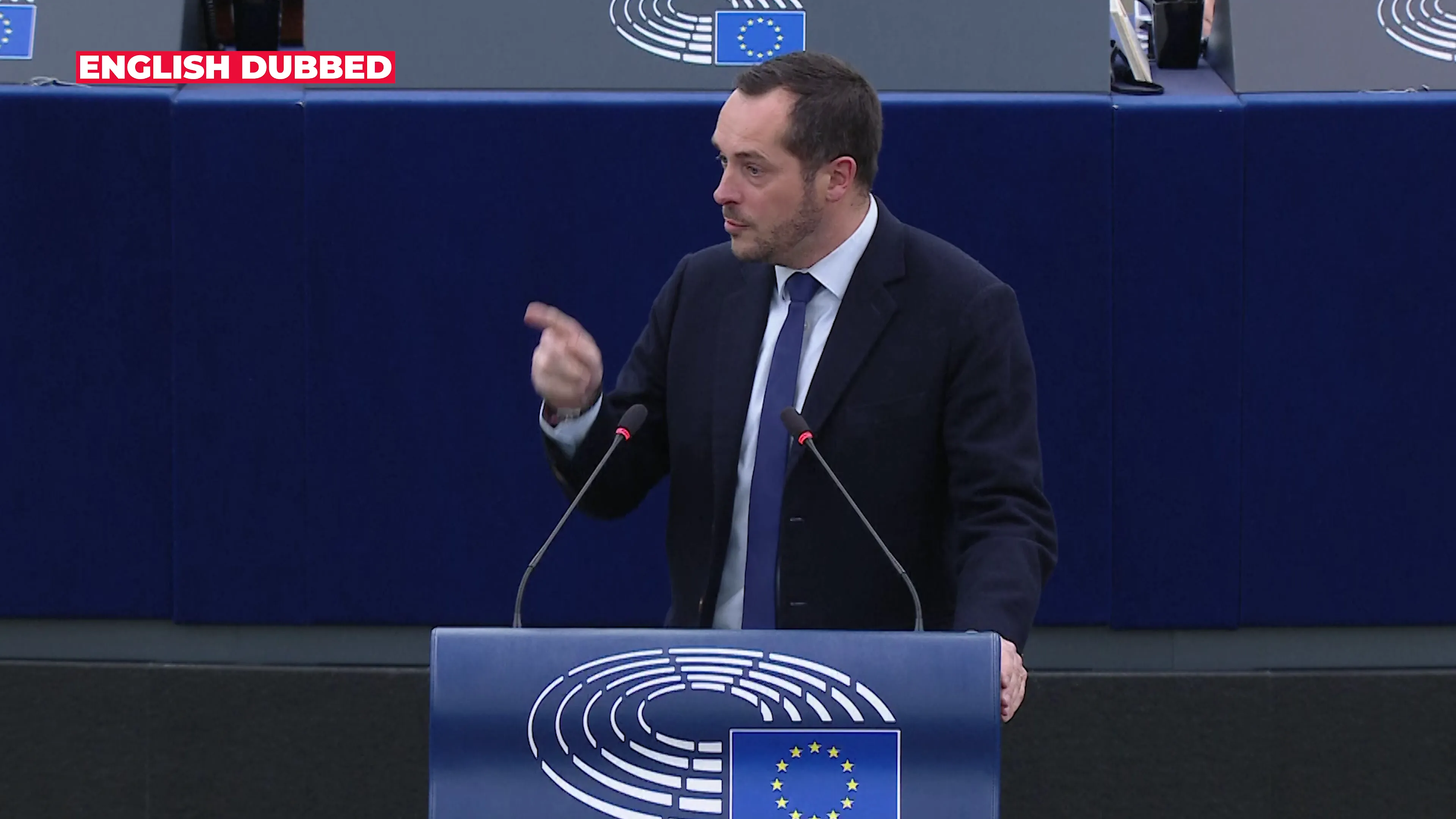
The Need for Action on Migration Policy
The urgency (surrounding migration policy) has never been more pronounced. With an influx of refugees from Syria and other regions, the EU must take decisive steps to manage this situation effectively. The focus should be on creating a sustainable framework that prioritizes both the rights of migrants and the safety of EU citizens; however, challenges persist. Although the intention is clear, implementation remains complex. This complexity arises (because) balancing humanitarian concerns with security measures is no simple task, but essential for long-term stability.
In this context (the significance of cultivating strong partnerships with third countries) cannot be overstated. Initiatives akin to agreements with Tunisia (which significantly reduced irregular arrivals) should be scaled up; however, these partnerships can assist in ensuring that migrants are treated humanely (although they) also allow for better control over migration flows.
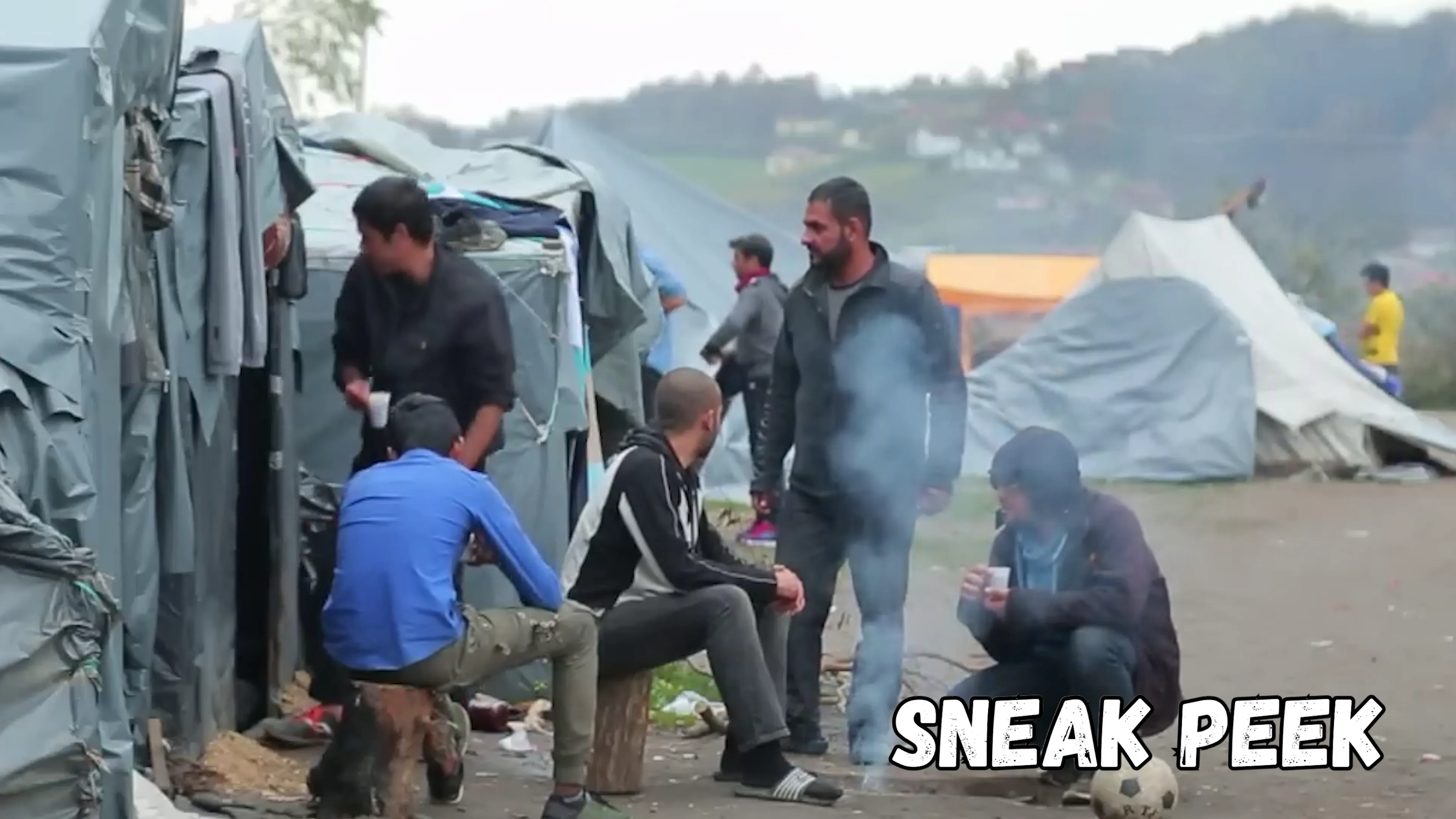
Strategies for Effective Migration Management
- Repatriation Centers: Establishing centers in third countries can facilitate the safe return of migrants whose asylum claims have been denied.
- Legal Frameworks: It is essential to clarify the legal landscape to prevent politicized judicial decisions from obstructing migration control efforts.
- Public Awareness: Informing citizens about the measures being taken can help mitigate fears and build public support for migration policies.
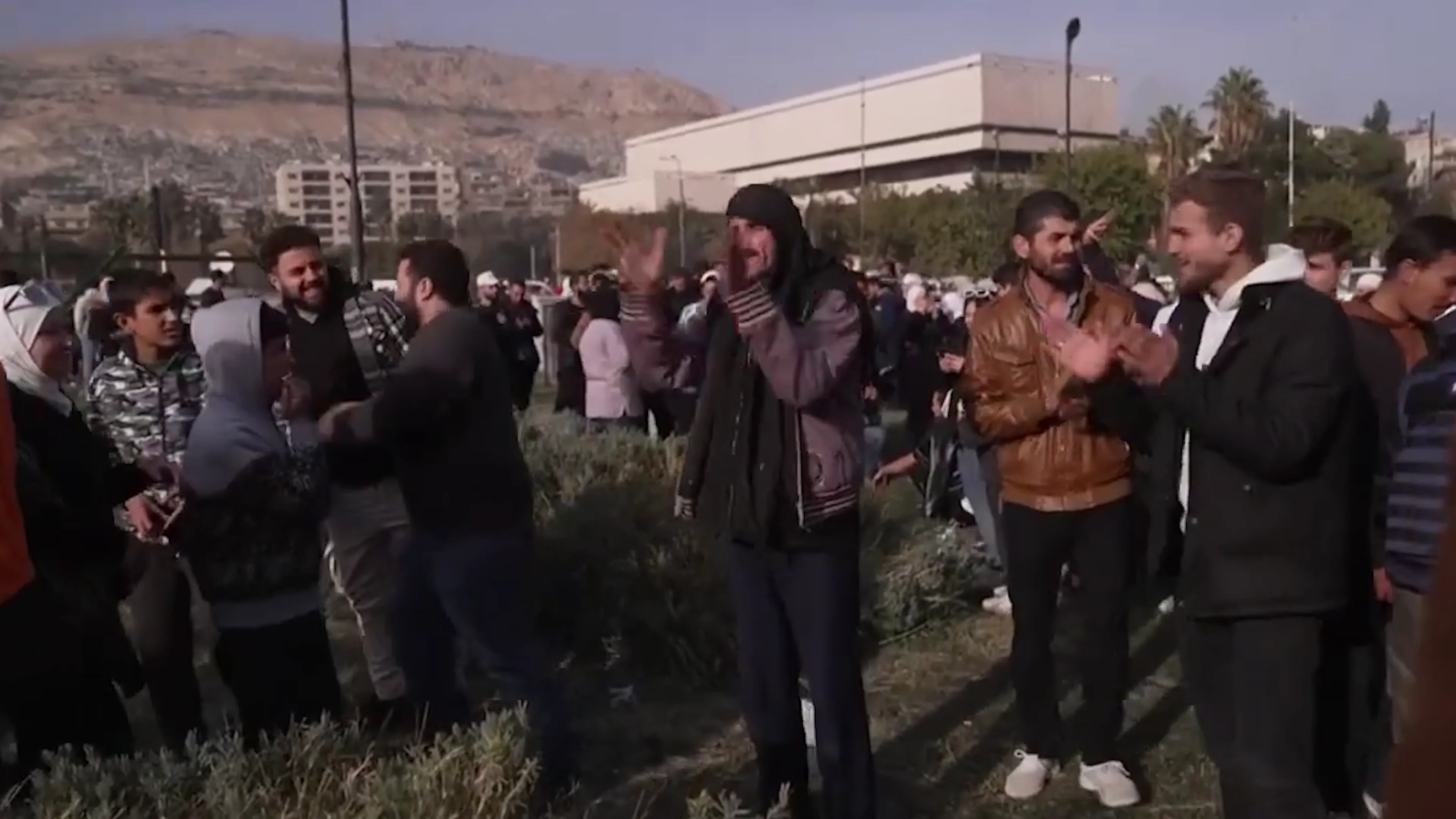
Syria’s Future: Risks and Opportunities
As (the) Syrian conflict enters a new phase, prospects for (the) country are mixed. The fall of Bashar al-Assad’s regime has opened (avenues) for potential recovery and democracy; however, significant risks remain—particularly for minority groups and individuals who oppose (the) regime. Although there are opportunities, this situation is precarious because many face challenges.
The international (community) must tread carefully—ensuring that any support (offered) does not inadvertently empower extremist factions or exacerbate existing tensions. A balanced approach that prioritizes humanitarian aid while promoting stability is crucial (however, this requires vigilance). Although support may be well-intentioned, it can have unintended consequences; therefore, careful consideration must be given to implications of such actions.
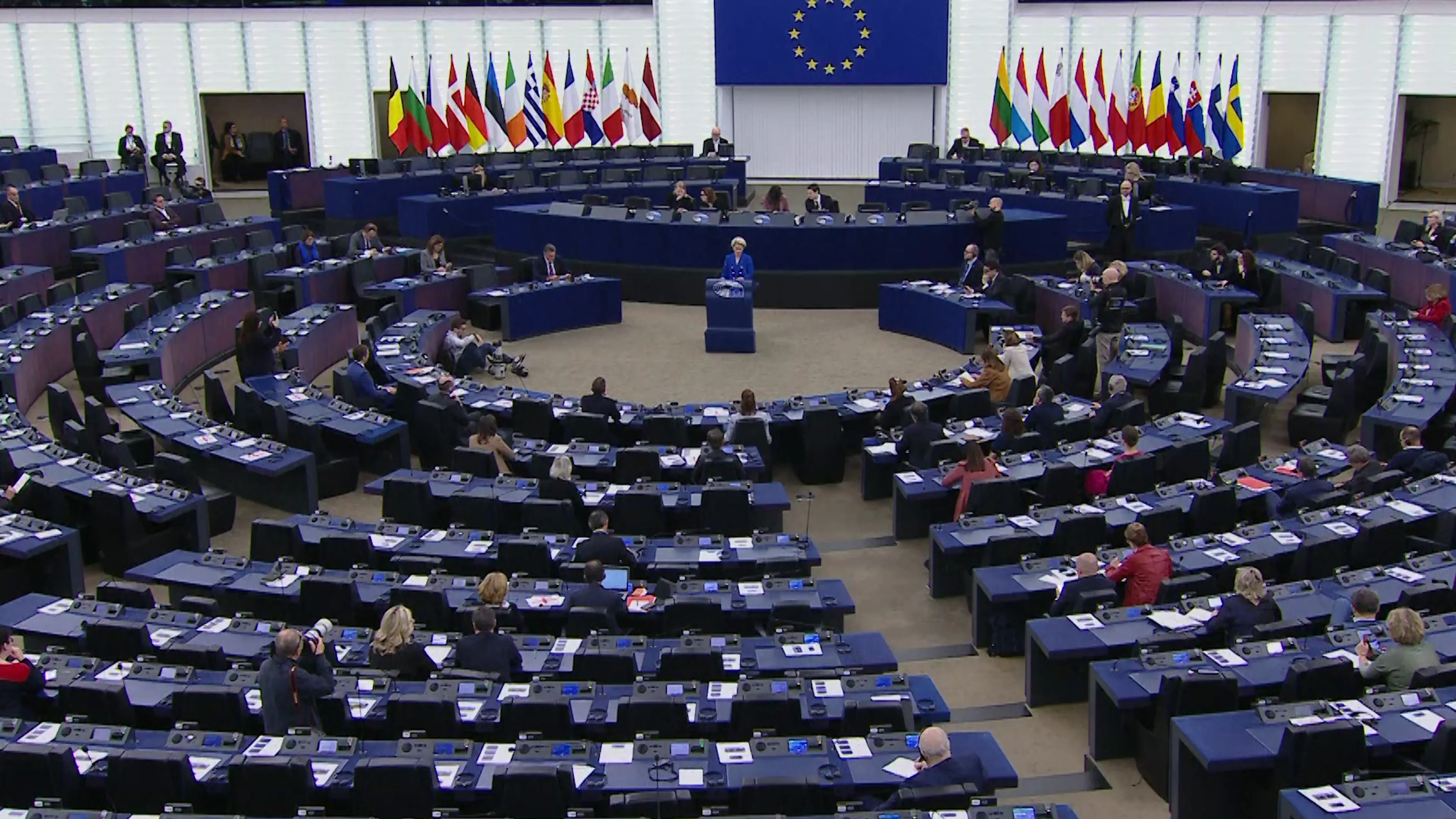
Key Considerations for Syria’s Reconstruction
- Human Rights: Any reconstruction effort must prioritize human rights, ensuring that all citizens can return safely and rebuild their lives.
- Political Stability: Engaging moderate factions within Syria can help promote a more inclusive political landscape.
- International Cooperation: Coordinated efforts among international stakeholders are necessary to ensure sustainable peace and development.
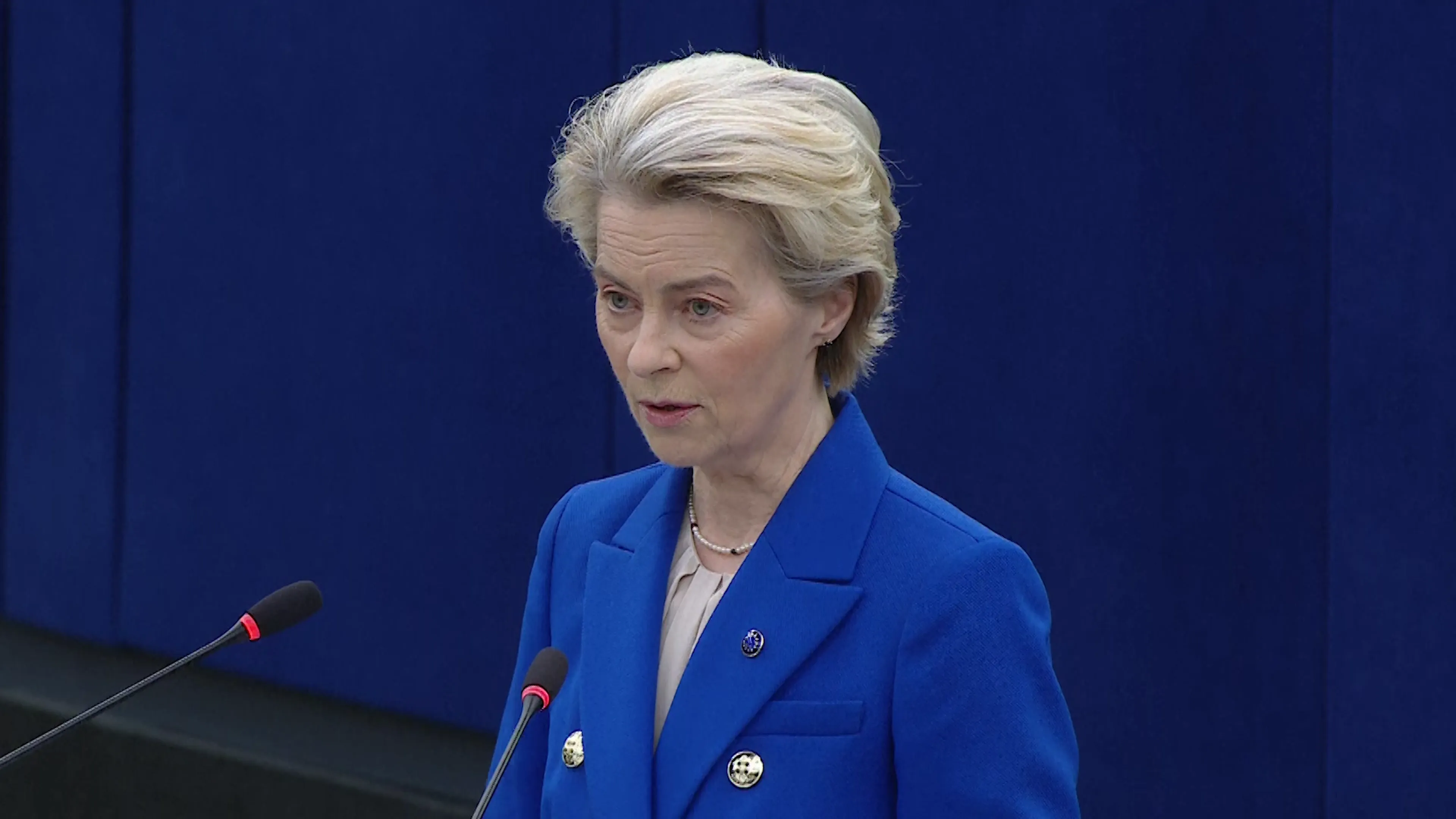
Bolstering Ukraine: A Strategic Imperative
The ongoing (conflict in) Ukraine presents both (1) moral and strategic imperatives for the EU: supporting Ukraine not only aligns with European values (however) is also essential for regional stability. As Russia continues its aggression, the EU must enhance (its) support mechanisms for Ukraine; however, this remains a complex challenge (because) of various geopolitical factors.
Financial contributions (like proposed 13 billion euros) will be vital in bolstering Ukraine’s defense capabilities; however, this support must be coupled with diplomatic efforts to foster a united front against Russian expansionism. Although the amount is significant, it is not sufficient alone (but rather should be part of larger strategy) (1) to ensure long-term stability in the region.

Strategies for Supporting Ukraine
- Military Aid: Providing advanced military equipment and training can help Ukraine strengthen its defense.
- Economic Support: Financial aid should not only focus on military needs but also on rebuilding the economy.
- Diplomatic Engagement: Continued dialogue with international partners is essential to maintain a unified response to Russian aggression.
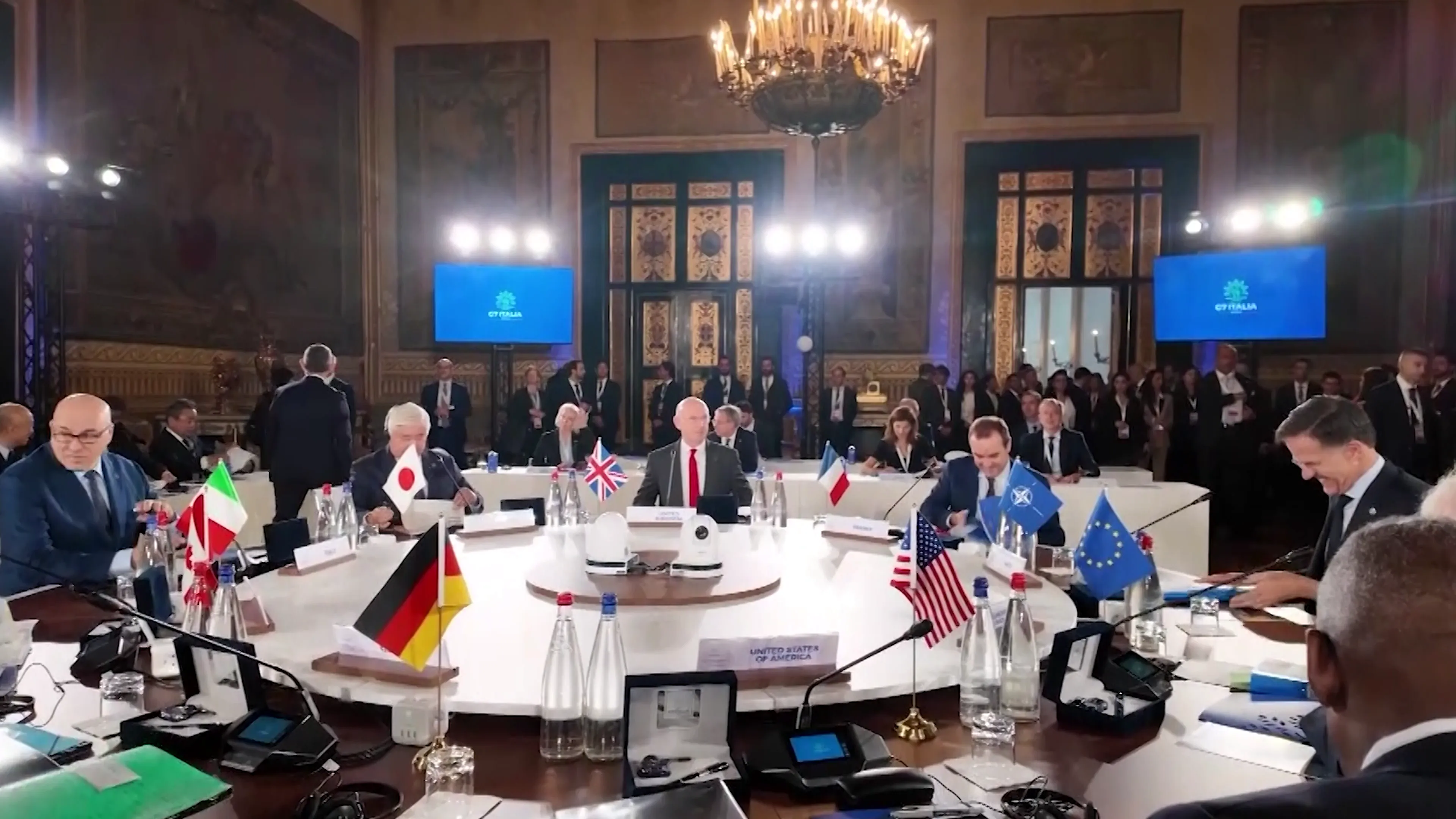
Economic Challenges Facing the EU
The European Union (EU) confronts significant economic challenges; it grapples with slower growth (1) compared to other major economies. Issues like high energy prices, inflation and regulatory burdens weigh heavily on member states. Addressing these challenges is crucial for maintaining stability and prosperity within the EU. However, this situation is complex (because) the EU strives for unity, but member states’ needs often differ (although).
Reforming economic policies (to promote growth & competitiveness) is essential; this includes reassessing regulations (which may hinder industry and innovation). The aim is to ensure that EU can compete on a global stage. However, such changes can be challenging, because they often face resistance. Although the need for reform is clear, stakeholders must navigate complex dynamics (and obstacles).
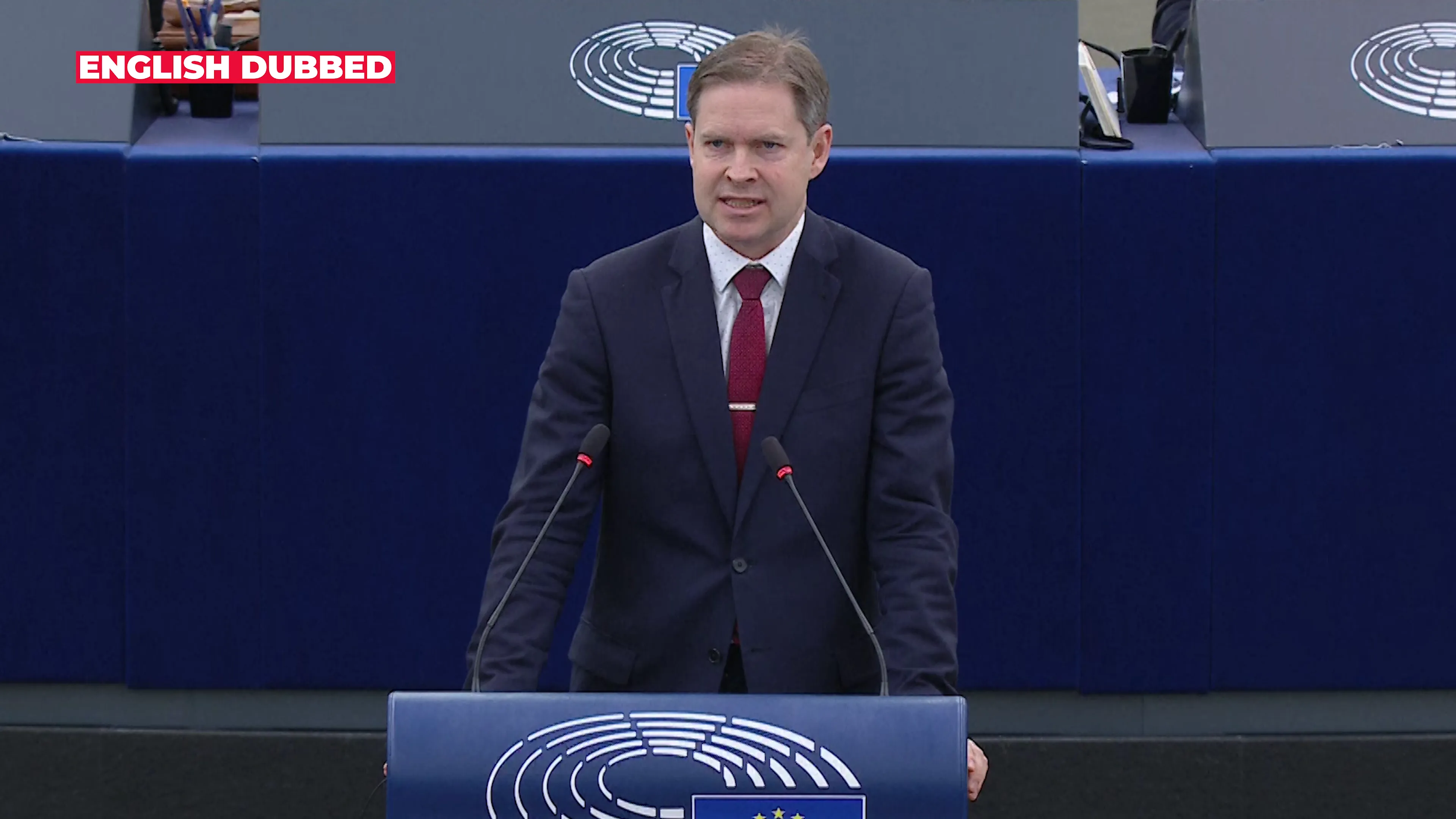
Proposed Economic Reforms
- Regulatory Simplification: Streamlining regulations can reduce the burden on businesses and stimulate growth.
- Investment in Innovation: Encouraging investment in new technologies and sustainable practices can enhance competitiveness.
- Support for Vulnerable Industries: Targeted support for sectors struggling under current policies is necessary to protect jobs and livelihoods.
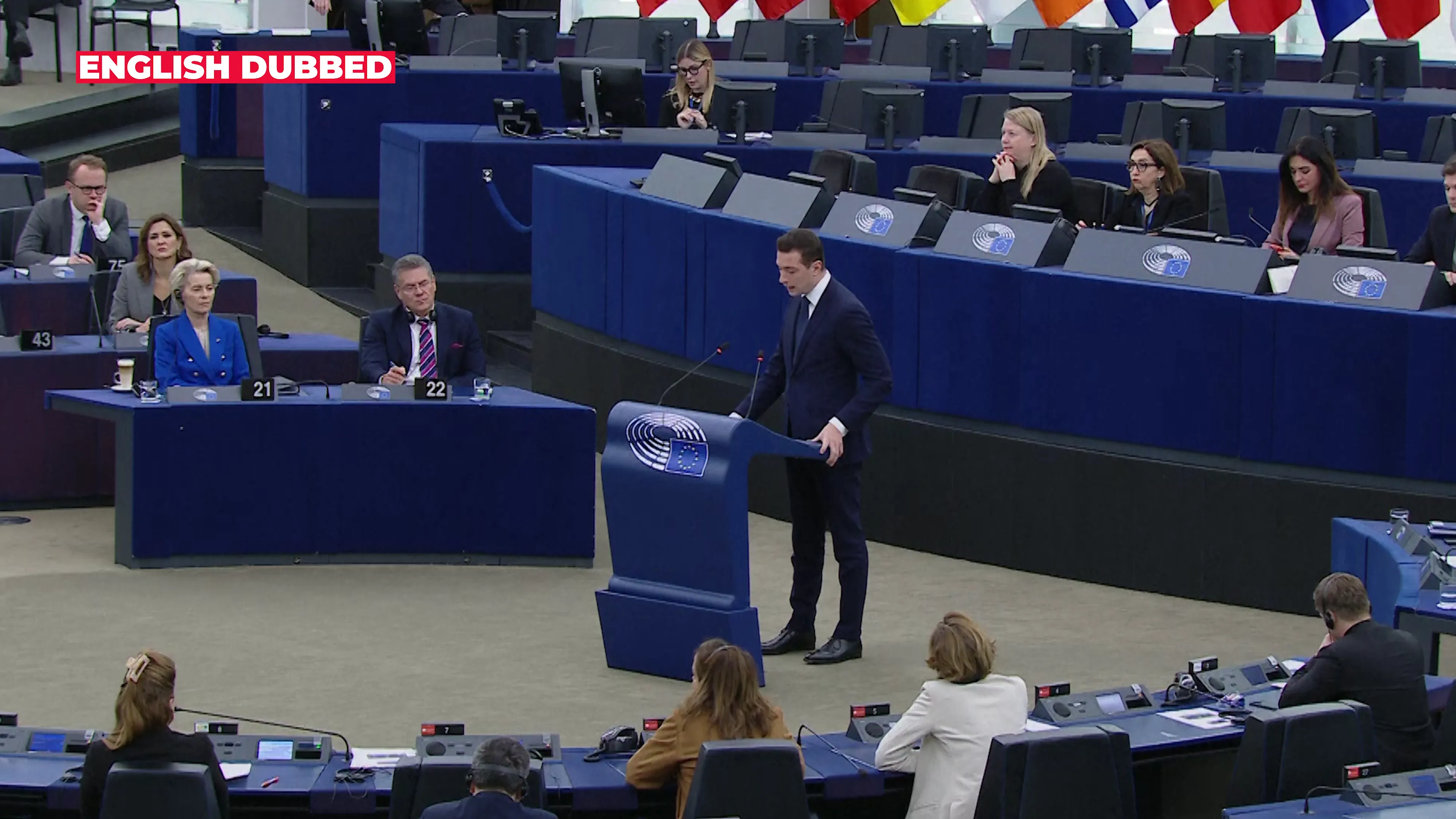
Security Concerns: A Matter of Priority
Security (remains) a top concern for EU citizens: rising threats from both internal and external sources (indeed) exist. The need for effective security measures is paramount (especially) because of increased instability in neighboring regions. The EU must prioritize the safety of its citizens through comprehensive security strategies; however, challenges (do) persist.
Enhancing (border security) and increasing intelligence sharing among member states, as well as investing in defense capabilities, are critical steps in addressing these security concerns. A united approach will (not only) bolster the EU’s resilience against various threats; however, it will also foster greater cooperation. Because these measures are essential, they should be prioritized (by all involved). This is crucial, although challenges (still) remain.
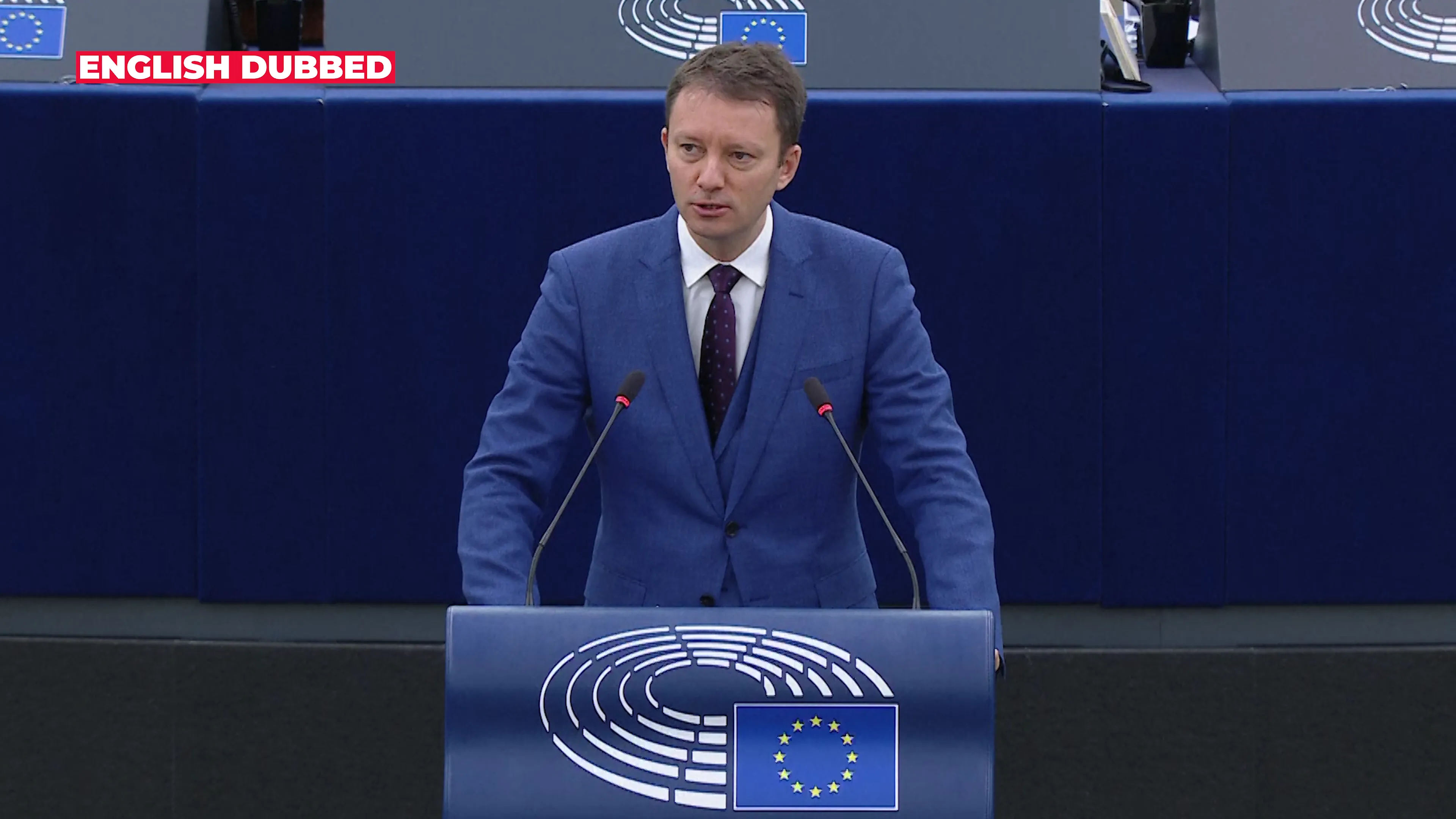
Key Security Initiatives
- Strengthening Borders: Improved border controls can help prevent illegal immigration and enhance overall security.
- Intelligence Sharing: Enhanced cooperation among member states can improve responses to potential threats.
- Defense Spending: Prioritizing defense in national budgets will ensure that the EU can respond effectively to security challenges.
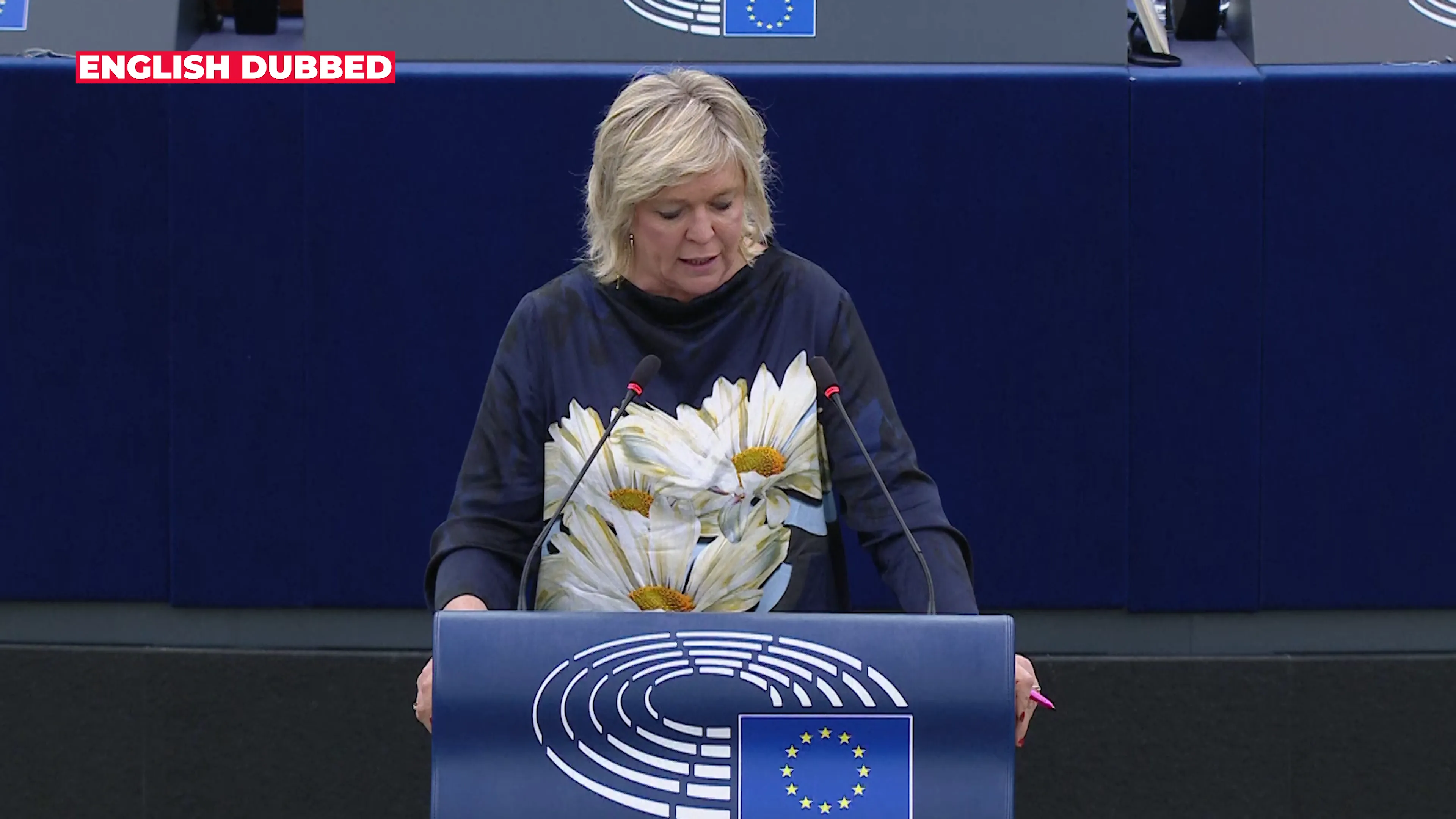
The Role of Russia and Other Autocracies
Russia (and various autocratic regimes) pose significant challenges to European security and democracy. Their interference in elections, manipulation of migration and the spread of disinformation threaten the integrity of democratic processes across the EU. A united front is essential to counter these threats effectively: however, this requires cooperation among member states. Although the task is daunting, it is crucial for maintaining stability. Because of these factors, addressing these issues become imperative.
Raising (public) awareness concerning these challenges is crucial; citizens must comprehend the risks posed by external actors. Support measures aimed at safeguarding democratic values are necessary; however, many remain oblivious. This is concerning (because) the implications are profound. Although some may think they are informed, the reality is frequently different.
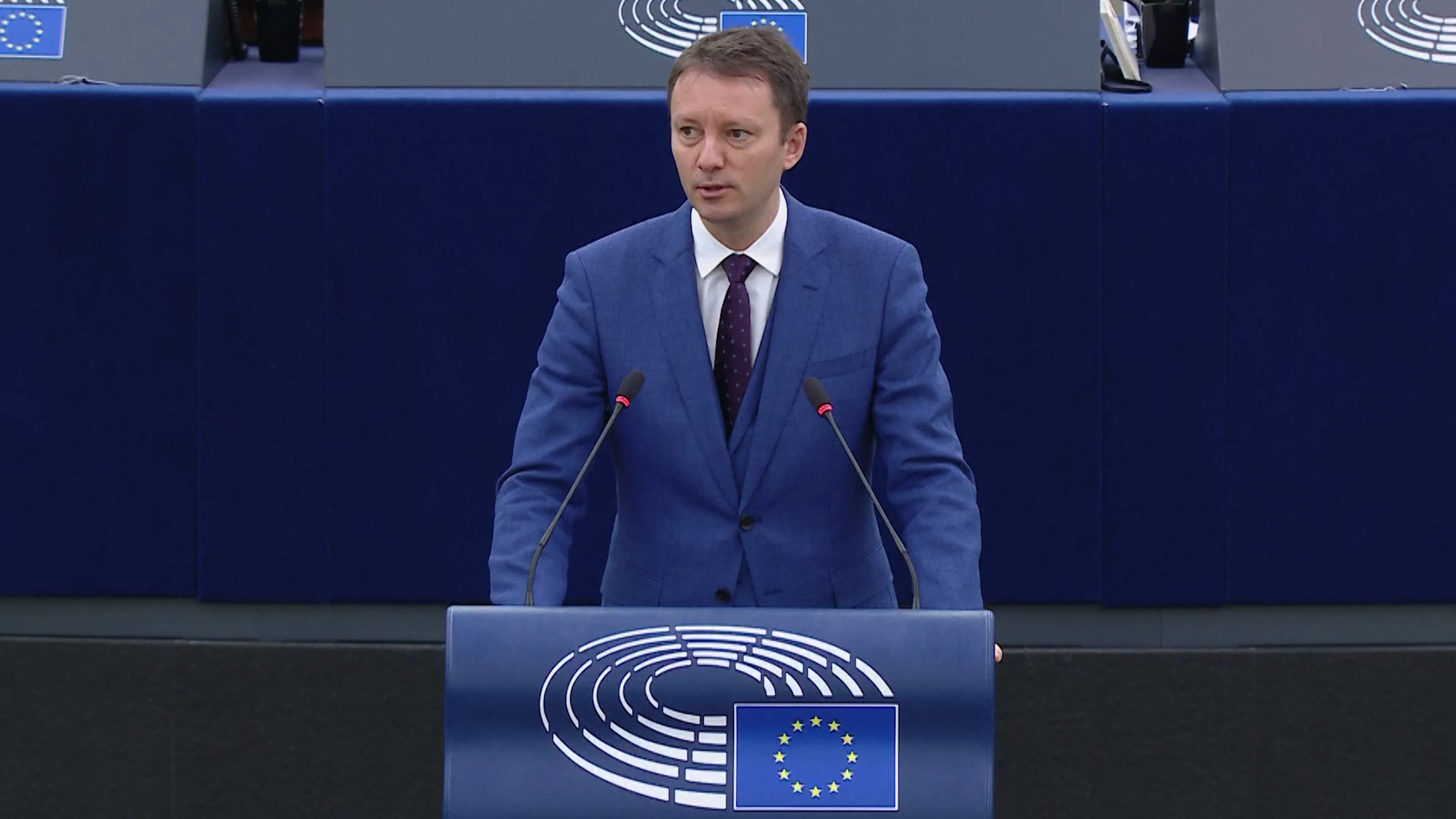
Strategies to Counter Autocratic Influence
- Public Awareness Campaigns: Educating citizens on the threats posed by autocracies can foster stronger democratic engagement.
- Strengthening Electoral Integrity: Implementing robust measures to protect electoral processes from interference is essential.
- International Solidarity: Collaborating with like-minded nations to counteract autocratic influence can enhance global democratic resilience.
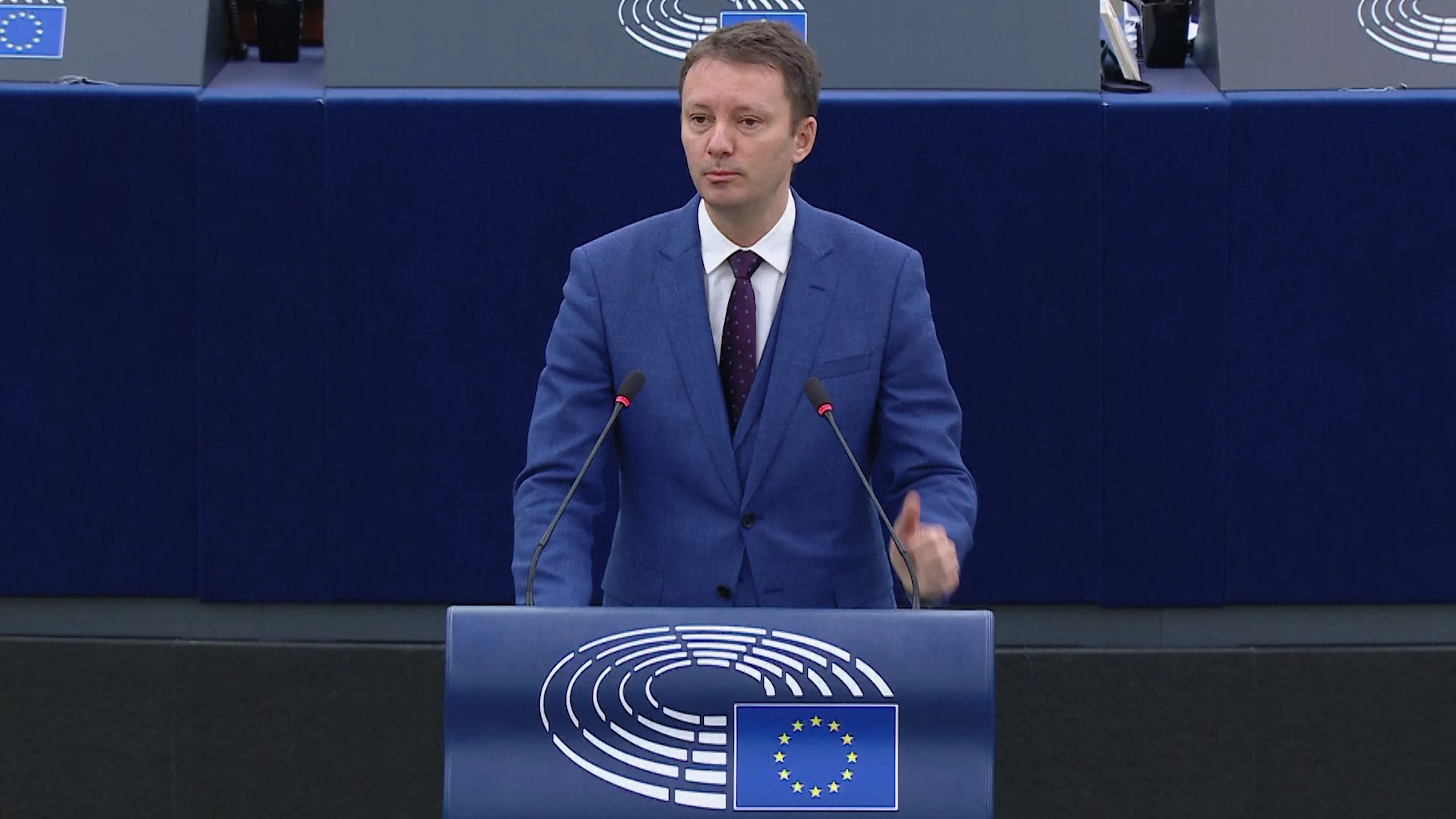
The Need for a Common European Defense
The current geopolitical landscape underscores (1) necessity for common European defense strategy. As threats from autocracies grow, EU must enhance its military capabilities and ensure that member states can respond collectively to security challenges. A unified defense approach will not only strengthen deterrence (2) but also promote stability within (the) region; however, this requires cooperation and commitment from all involved. Although some nations may hesitate to fully engage, urgency cannot be dismissed (because) implications of inaction could be dire.
Investing in joint military initiatives (1) and fostering collaboration among member states will be key to building robust defense framework. This includes pooling resources, sharing intelligence (2) and coordinating defense strategies to address common threats. However, many nations face challenges—because of differing priorities and political agendas. Although progress is being made, it is essential to remain vigilant (and adapt) to evolving circumstances.
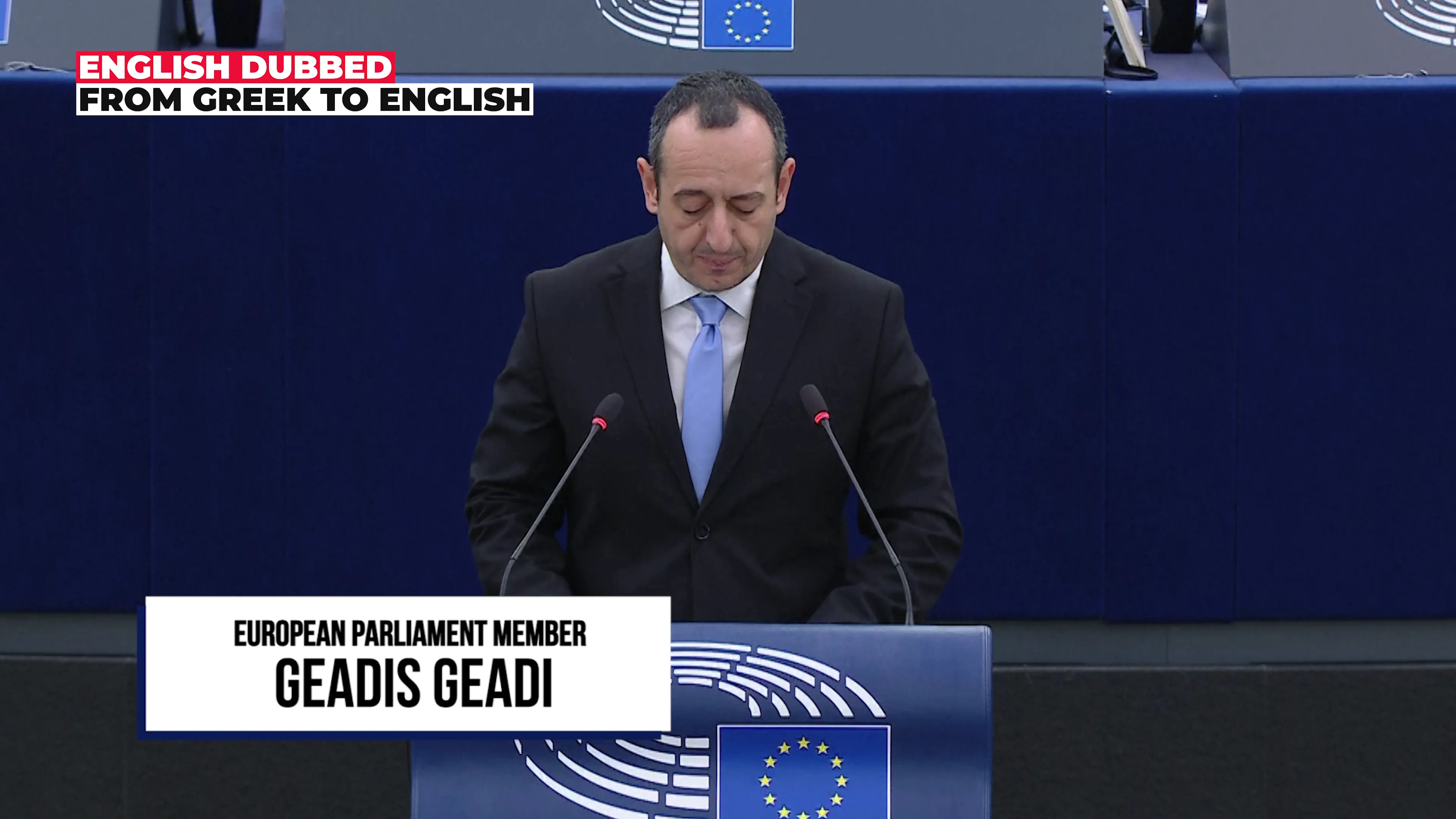
Essential Components of a Common Defense Strategy
- Joint Military Exercises: Conducting regular exercises can improve interoperability among EU forces.
- Resource Pooling: Sharing military resources will enhance capability without excessive individual expenditure.
- Collaborative Intelligence Efforts: Strengthening intelligence sharing is vital for timely responses to emerging threats.
Economic Policy and Competitiveness
The recent discussions (surrounding the European Council) highlight a concerning trend: a lack of ambition in economic policy. The new president, Mister Costa, has not prioritized economic growth (or competitiveness) in his agenda. This oversight is particularly alarming, because of current economic crises in France and Germany, coupled with slower growth of the EU compared to other major economies. However, one must consider the implications of this trajectory. Although there are challenges ahead, there exists potential for reform (if addressed properly).
It is evident (indeed) that EU establishment is yet to fully grasp (understand) the dramatic economic situation facing Europe and its citizens. Economic policy must be a top priority; however, it seems to be sidelined. The call for patriotic forces in Europe’s governments is more relevant than ever (1), because these leaders should focus on the everyday lives of citizens rather than peripheral issues. Although there are many distractions, this focus is crucial (to the overall stability).
Reassessing Economic Strategies
To revitalize Europe’s economy, we must take (1) a hard look at what economic stimulus is necessary. This involves reducing bureaucratic red tape that hampers competitiveness and innovation. The EU must foster an environment where businesses can thrive; however (2), particularly in emerging technologies such as artificial intelligence. Although challenges exist, this is crucial, because it will enable sustainable growth.
Currently, EU (European Union) has established comprehensive regulations surrounding AI; however, it lacks major players in this field. What is needed is a shift towards freedom and desire for innovation (rather than fear of new). The automotive industry is poised for unprecedented growth (1), but Europe must adapt its policies (2) to remain competitive in global markets. Although this presents challenges, it also offers opportunities (because) embracing change can lead to substantial advancements.
Challenges in Key Industries
- Automotive Industry: With a projected increase in global car sales, the EU must reconsider its ban on combustion engines, especially as markets in Latin America, Africa, and India do not prioritize full electrification.
- Steel Production: The cost of producing green steel is significantly higher than conventional steel, which poses a threat to the EU’s industrial competitiveness.
- Cryptocurrency Regulations: As the world moves towards new economic paradigms, the EU’s strict regulations on Bitcoin and other cryptocurrencies may hinder potential growth and innovation.
The Importance of Agriculture in Europe
Agriculture is not merely (just) an economic sector: it is the beating heart of European identity. The recent free trade agreement with Mercosur has raised alarms about the future of French and European agriculture. Critics argue that this deal sacrifices local farmers (and their livelihoods) for the sake of other industries, particularly in Germany. However, many believe that this agreement could foster economic growth, although it may come at a cost to traditional practices. Because of these concerns, a robust debate is underway; it is essential to consider both sides.
Food sovereignty (1) is crucial. European agriculture has influenced landscapes and communities throughout continent; however, the EU must prioritize interests of its farmers. Trade agreements should not undermine their livelihoods, because this would jeopardize the very essence of local economies. Although challenges exist, strong policies can support farmers effectively (even when faced with adversity).
Concerns Over Free Trade Agreements
The agreement (with Mercosur) poses a direct threat to European agriculture; particularly, given the differing standards in agricultural practices. Countries utilizing growth-promoting substances (which are banned in the EU) could inundate the market, jeopardizing local farmers’ ability to compete. This situation necessitates reevaluation of trade agreements (because they must align with European values and standards). However, achieving this is complex, but necessary. Although there are benefits to trade, the risks cannot be ignored.
- Protecting Farmers: The EU must stand firm against agreements that threaten local agriculture.
- Ensuring High Standards: Trade agreements should uphold the high standards of food safety and environmental protection that Europe is known for.
- Support for Local Communities: Policies must be aimed at sustaining rural economies and preserving agricultural heritage.
Addressing the Crises in the Middle East
The crises (1) in Middle East—especially the ongoing conflict in Syria and the situation in Gaza—demand urgent attention. European foreign policy has been criticized (2) for its ineffectiveness in addressing these issues; however, EU needs to adopt a more proactive approach. This prioritizes humanitarian aid and conflict resolution, although challenges remain (because of complex dynamics).
As the situation evolves, it is vital for EU to engage with all parties involved (ensuring that humanitarian concerns are at the forefront of discussions). The recent developments in Syria—particularly the fall of Assad—present both opportunities and risks; however, these must be navigated carefully (because they could have far-reaching implications). Although complexities are numerous, this requires nuanced approach.
Humanitarian Response in Syria
The fall of Assad’s regime (1) has opened a door for potential recovery in Syria; however, risks for minority groups remain high. The EU must ensure that the rights of all citizens (especially religious minorities) are protected. A comprehensive humanitarian response is necessary to assist those affected by conflict, because this (2) situation demands urgent attention. Although progress may be made, challenges persist.
- Increased Humanitarian Aid: The EU has been a significant donor, but there is a need for enhanced support focusing on rebuilding infrastructure and providing essential services.
- Safe Return for Refugees: The return of Syrian refugees must be voluntary and dignified, with adequate support from the EU.
- Long-term Stability: Efforts should focus on fostering a political transition that is inclusive and respects the rights of all Syrians.
EU’s Stance on Palestinian Statehood
The EU’s stance (on Palestinian statehood) is crucial in context of ongoing conflict in Gaza. Recognizing Palestinian state would (indeed) convey robust message that EU endorses two-state solution; this is essential for lasting peace in region. However, many argue that such recognition is complicated, because it could provoke further tensions. Although EU aims for stability, the situation remains delicate and progress is often stymied by political realities.
European leaders must (1) advocate for secure and sovereign Palestine alongside Israel. This approach not only aligns with international law; however, it also reflects a commitment to promoting peace (and) stability in the Middle East. Although some may disagree, this path is essential for long-term resolution, because it acknowledges the rights of both peoples (1).
Promoting Peace in the Region
- Diplomatic Engagement: The EU should lead efforts to facilitate dialogue between Israel and Palestine, fostering mutual recognition and respect.
- Humanitarian Assistance: Increased support for Palestinian communities affected by conflict is essential for rebuilding trust and stability.
- Long-term Solutions: The EU must advocate for comprehensive peace initiatives that address the root causes of conflict.
Final Thoughts on Strategic Independence
Strategic independence (1) is crucial for Europe to navigate complexities of a multipolar world; however, EU must focus on securing its energy supply, agriculture and healthcare systems (2) to ensure resilience against external pressures. Although challenges do exist, this focus is essential because it allows for greater autonomy. However, without such measures, the potential for vulnerability increases significantly.
As we progress (1), European leaders must prioritize policies that enhance self-sufficiency and protect citizens’ interests. This involves making significant investments in industry and infrastructure—however, to bolster economic stability, they must also consider environmental impacts. Although challenges exist, these initiatives are crucial (2) because they directly affect the well-being of populace.
Conclusion: A Call to Action
In light of pressing issues (facing Europe), it is imperative for leaders to take decisive action. Challenges of economic stagnation, agricultural viability and geopolitical instability require a united response; this prioritizes needs of European citizens. However, leaders must consider various factors (1) before implementing solutions. Although there are numerous obstacles, it is essential to act swiftly (because consequences could be dire).
Now is (undoubtedly) time for a shift in focus; where everyday lives of individuals take precedence over abstract policies. Citizens must be empowered to hold their leaders accountable (however) demand a future that is secure, prosperous and just. This is crucial (because) without active engagement, progress remains elusive. Although the framework exists, it requires (considerable) dedication from the populace.
